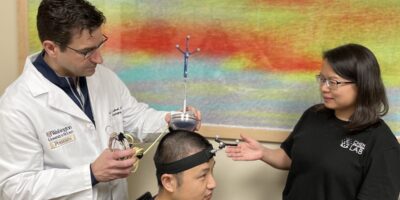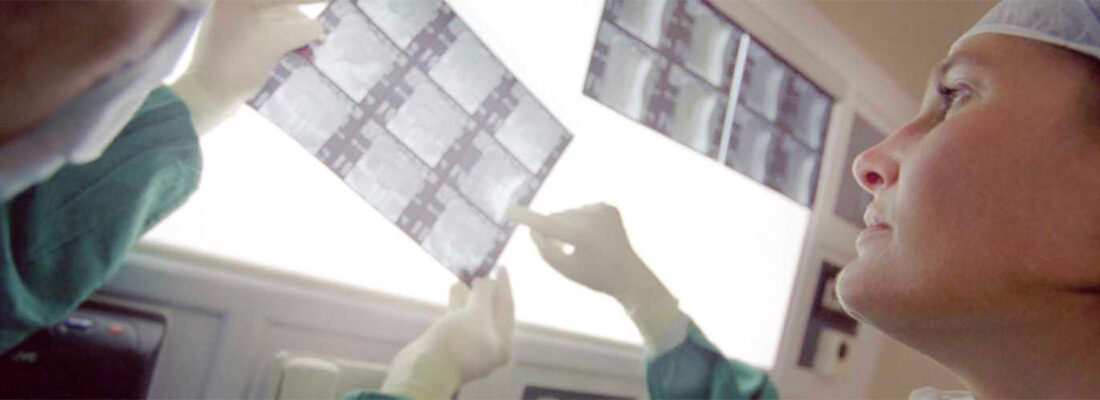Translational Science Benefits
Clinical & medical benefits (Procedures & guidelines)
Definition
Methods and techniques performed to diagnose disease, disorders, or conditions. Biological samples such as blood, urine, or saliva are used to detect the presence of bacteria, fungi, or other markers to diagnose a disease, disorder, or condition.
Rationale
Diagnostic procedures that are accurate and reliable make for a more efficient health care system by streamlining treatment and recovery, enhancing the quality of patient care, and reducing health care costs.
Guidance
Advice from authors on searching for information:
Access to self-reported researcher or administrative/in-house data may be required to locate documentation on the development of diagnostic testing procedures.
Resources & Data
Organizations, repositories, websites, and other sources where you can find more information:
- CPT® Codes. Current Procedural Terminology (CPT®) codes describe medical procedures and professional services in ambulatory/outpatient settings. These codes were developed and are maintained by the American Medical Association (AMA). The AMA allows up to 5 free searches a day but does require the creation of a free account. Paid access to CPT® codes is also available from the AMA.
- Diagnostic Test and Medical Procedures – Harvard Medical School. Lists multiple different health field links and provides general background on topic and methods to follow for diagnosis. (Requires subscription)
- ICD-10 Codes. ICD-10 codes define diseases, disorders, injuries, and related health conditions. The World Health Organization owns and publishes the International Statistical Classification of Diseases and Related Health Problems, 10th revision (ICD-10). The WHO provides a lookup of ICD-10 codes. In the US, the National Center for Health Statistics (NCHS) and the Centers for Medicare & Medicaid Services (CMS) Center are responsible for the maintenance of ICD-10 and coordinate the process for new codes or code modifications. The Centers for Medicare & Medicaid Services (CMS) provides an ICD-10 Code Lookup that can be searched by code or keyword.
- Medline Plus Diagnostic Tests. Lists and describes several diagnostic tests with links to additional resources.
- PubMed/MEDLINE. PubMed provides free access to MEDLINE, the NLM database of indexed citations and abstracts to medical, nursing, dental, veterinary, health care, and preclinical sciences journal articles. See PubMed Help for guidance.
Data Limitations
Challenges you may encounter while searching for information:
Diagnostic testing procedures differ depending on field and/or topic, which can make general resources difficult to find, while information on specific procedures is more readily available.
Publications
Articles, books, and other publications in translational science using the indicator:
- Balogh E, Miller BT, Ball J, editors. Improving diagnosis in health care. Washington, DC: The National Academies Press; 2015. doi: 10.17226/21794.
- Ferrante di Ruffano L, Hyde CJ, McCaffery KJ, et al. Assessing the value of diagnostic tests: a framework for designing and evaluating trials. BMJ. 2012 Feb 21;344:e686. doi: 10.1136/bmj.e686.
- Ivanov A. Barriers to the introduction of new medical diagnostic tests. Lab Medicine. 2013; 44:4. doi: 10.1309/LMMHGYKY7LIUEEQ6.
- Lewin Group, prepared for AdvaMed. The value of diagnostics innovation, adoption and diffusion into health care. July 2005.
Case Studies

Detecting Brain Cancer Without a Knife
Facilitating brain cancer diagnosis with an innovative and portable ultrasound device
Clinical & medical benefits
Community & public health benefits
Economic benefits

An Update on New Therapies for Wolfram Syndrome
Revisiting previous work and exciting updates on a new clinic, drug trials, and license agreements
Clinical & medical benefits
Community & public health benefits
Economic benefits

Reducing COVID-19 Transmission in Underserved Schools in North St. Louis County Through Testing and Vaccine Uptake
Evaluating strategies to reduce school-based COVID-19 transmission in underserved schools
Clinical & medical benefits
Community & public health benefits
Economic benefits

